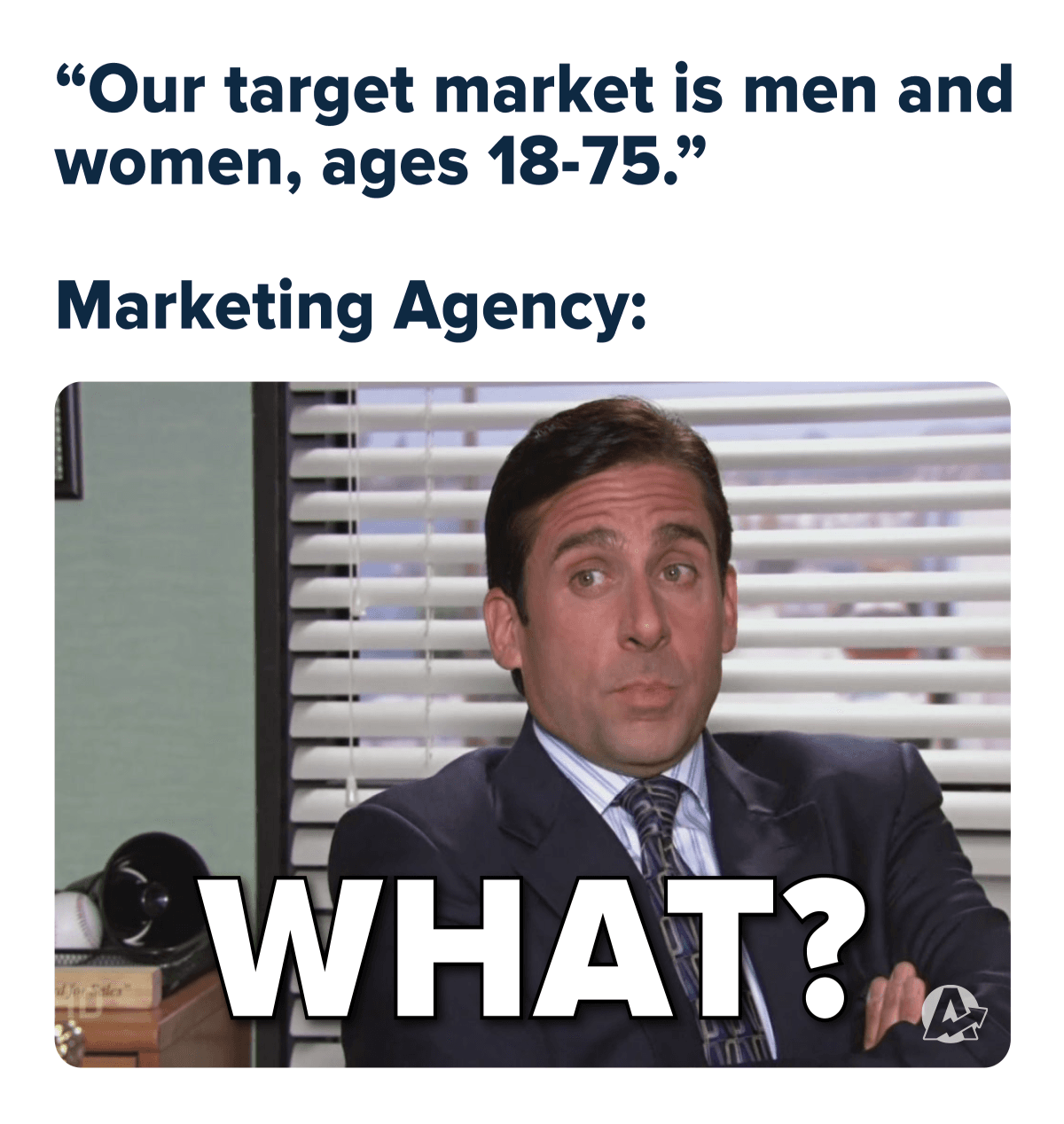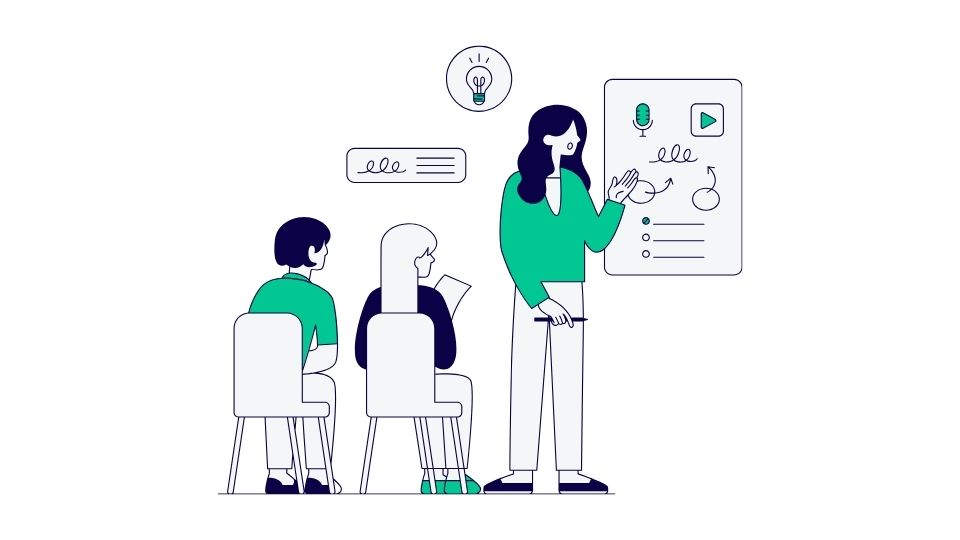Running a campaign is like sailing a ship through stormy seas. You need someone who can read the weather, chart the course, and guide everyone to safety. That someone? A campaign strategist – the mastermind behind successful political campaigns.
Think of them as the chess players of the political world. While everyone else might be playing checkers, they’re thinking 5 moves ahead.
If you’ve ever wondered who’s actually pulling the strings behind those political ads that get stuck in your head (for better or worse), or who decides which neighborhoods get door-knocked and which voters get targeted with specific messages – it’s these behind-the-scenes strategic geniuses.
Let’s dive into what campaign strategists actually do, how they do it, and why they’re so damn important to winning elections.

What Exactly Does a Campaign Strategist Do?
Campaign strategists are the big-picture thinkers who design the roadmap to victory.
While the candidate is out kissing babies and shaking hands, strategists are analyzing polling data, crafting messages, and figuring out how to reach the right voters with the right approach.
They’re like the GPS of the campaign – constantly recalculating the best route to take as conditions change.
Their job includes:
- Creating the overall campaign plan and strategy
- Developing targeted messaging for different voter groups
- Managing resources and budget allocation
- Coordinating between different campaign departments
- Analyzing data to make informed decisions
- Adapting strategy as the campaign evolves
As political consultant James Carville (the “Ragin’ Cajun” behind Clinton’s 1992 victory) famously said, “It’s the strategy, stupid!” (Okay, he actually said “It’s the economy, stupid” but you get the point).
The Core Skills of Winning Strategists

The best campaign strategists are like Swiss Army knives – they come equipped with a versatile set of skills that make them invaluable in the political arena.
1. Strategic Thinking
This is the big one. Campaign strategists need to see the entire electoral landscape and create a coherent plan to navigate it. They’re constantly asking: “What’s our path to victory? Who are our voters? How do we reach them?”
According to the American Association of Political Consultants, the ability to synthesize complex data into actionable strategy is what separates elite strategists from the pack.
2. Communication Skills
A strategy is only as good as how well it’s communicated. Top strategists can explain complex ideas simply and persuasively, whether they’re briefing the candidate, motivating staff, or crafting messaging for voters.
3. Data Analysis
Modern campaigns run on data.
Strategists need to understand polling, demographic information, and voter targeting models. They need to know which numbers matter and which are just noise.
As legendary political strategist David Axelrod puts it: “The days of gut-instinct campaigning are over. You need to know your numbers.”
4. Adaptability
No battle plan survives contact with the enemy. The same is true in politics. Scandals break. Opponents make unexpected moves. The economy shifts.
Great strategists can pivot quickly without losing sight of the bigger goal.
5. Leadership
Campaign strategists often need to lead teams of staff and volunteers. They need to inspire confidence, resolve conflicts, and keep everyone rowing in the same direction.
A study by Harvard Kennedy School found that campaigns with clear strategic leadership outperform those without it by significant margins.
Campaign Strategist vs. Campaign Manager: What’s the Difference?
These titles often get confused, and in smaller campaigns, they might be the same person. But in larger operations, they’re distinct roles.
Think of it this way:
- The campaign strategist is the architect who designs the house
- The campaign manager is the contractor who builds it
The strategist focuses on the big picture – messaging, voter targeting, overall approach. The manager handles day-to-day operations – staffing, scheduling, and implementation.
Or as one veteran political operative told me: “The strategist decides where to go. The manager makes sure you get there.”
A Day in the Life of a Campaign Strategist

While no two days are exactly alike, a campaign strategist’s typical day might include:
- Morning: Reviewing overnight polling and news developments
- Mid-morning: Meeting with the communications team to refine messaging
- Lunch: Briefing the candidate on strategy adjustments
- Afternoon: Analyzing voter data and refining targeting models
- Evening: Coordinating with coalition partners or attending fundraisers
- Late night: Planning for tomorrow and putting out any fires that emerged during the day
As you can tell, it’s not a 9-to-5 job. During campaign season, 80-hour weeks are common. It’s intense, exhausting, and exhilarating all at once.
According to a Pew Research Center study, campaign professionals report some of the highest rates of both job stress and job satisfaction of any profession.
How to Become a Campaign Strategist

So you want to be the next David Plouffe or Kellyanne Conway? Here’s the path most successful strategists take:
Start at the Bottom
Almost nobody begins their career as a strategist. Most start as field organizers, campaign volunteers, or in entry-level roles at political organizations.
This ground-level experience is crucial. You need to understand how campaigns work from the inside out before you can effectively strategize them.
Build a Network
Politics is all about relationships.
Work on campaigns. Volunteer for candidates you believe in. Join political organizations. The connections you make will be your ladder up.
As one campaign veteran told Campaigns & Elections magazine, “Your reputation and your network are your most valuable assets in this business.”
Develop Specialized Knowledge
Many top strategists have expertise in particular areas:
- Digital campaigning
- Data analytics
- Messaging and communications
- Field operations
- Particular geographic regions or demographic groups
Becoming known as an expert in one area can be your ticket to broader strategic roles.
Get Educated
While there’s no required degree, many strategists have backgrounds in:
- Political Science
- Communications
- Marketing
- Public Policy
- Data Science
Some universities now offer specific programs in campaign management and political strategy.
The Impact of Technology on Campaign Strategy
Campaign strategy has evolved dramatically in the digital age.
Traditional methods like TV advertising and door-knocking are still important, but they’re now supplemented (and sometimes replaced) by sophisticated digital operations.
Modern strategists need to understand:
- Microtargeting: Using data to identify and reach very specific voter groups
- Social media strategy: Leveraging platforms like Facebook, Twitter, and increasingly TikTok
- Digital advertising: Creating and placing ads that reach the right voters
- Data integration: Connecting voter files, donation records, and engagement metrics
As former Obama campaign manager Jim Messina said, “We ran the first campaign that fully integrated technology with traditional campaign tactics.”
The most effective campaigns now have integrated strategies that combine old-school retail politics with cutting-edge digital approaches.
The Future of Campaign Strategy

The field continues to evolve rapidly. Here are some trends shaping the future of campaign strategy:
1. AI and Machine Learning
Artificial intelligence is already being used to analyze voter sentiment, optimize ad placement, and even generate content. Strategists increasingly need to understand how to leverage these tools.
2. Micro-Influencers
Beyond traditional endorsements, campaigns are working with small-scale influencers who have authentic connections to specific communities.
3. Year-Round Campaigning
The era of distinct “campaign seasons” is ending. Strategic campaigning now happens continuously, with permanent infrastructure.
4. Integration of Organizing and Digital
The old divide between “field” and “digital” is disappearing. Tomorrow’s strategists need to understand how online engagement translates to offline action and vice versa.
According to MIT’s Election Data and Science Lab, campaigns that successfully integrate these approaches show significantly better performance metrics.
Final Thoughts
Campaign strategists are the unsung heroes of politics.
While candidates get the glory, strategists design the path to victory. They’re part psychologist, part data scientist, part communicator, and part leader.
In an era of information overload and fragmented media, their role is more important than ever. Cutting through the noise requires not just good candidates, but brilliant strategy.
So the next time you see a particularly effective political ad, or notice a candidate suddenly focusing on an issue that resonates with you personally, remember: that’s not an accident. That’s strategy at work.
And somewhere behind the scenes is a sleep-deprived, coffee-fueled strategist, plotting the next move in the complex chess game of politics.




